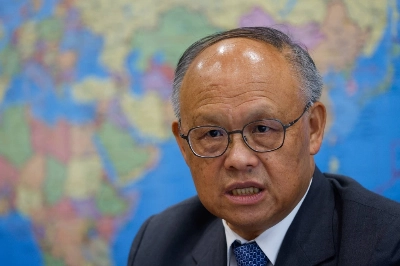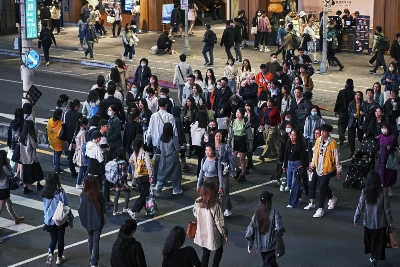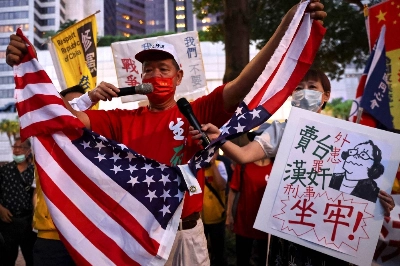It’s difficult to overstate the geopolitical significance of Taiwan’s upcoming presidential and legislative elections.
When the self-ruled island's 19 million eligible voters head to the polls on Jan. 13, they will not only decide who handles everyday domestic issues. Depending on the outcome, the closely watched vote could also have markedly different security and economic implications for the entire region.
At stake is how Taipei will manage relations with China over the next four years amid worsening cross-strait ties and a heightened risk of conflict between Washington and Beijing, the latter of which hasn’t ruled out seizing the island by force, despite growing indications that the U.S. may be willing to defend it.





















With your current subscription plan you can comment on stories. However, before writing your first comment, please create a display name in the Profile section of your subscriber account page.